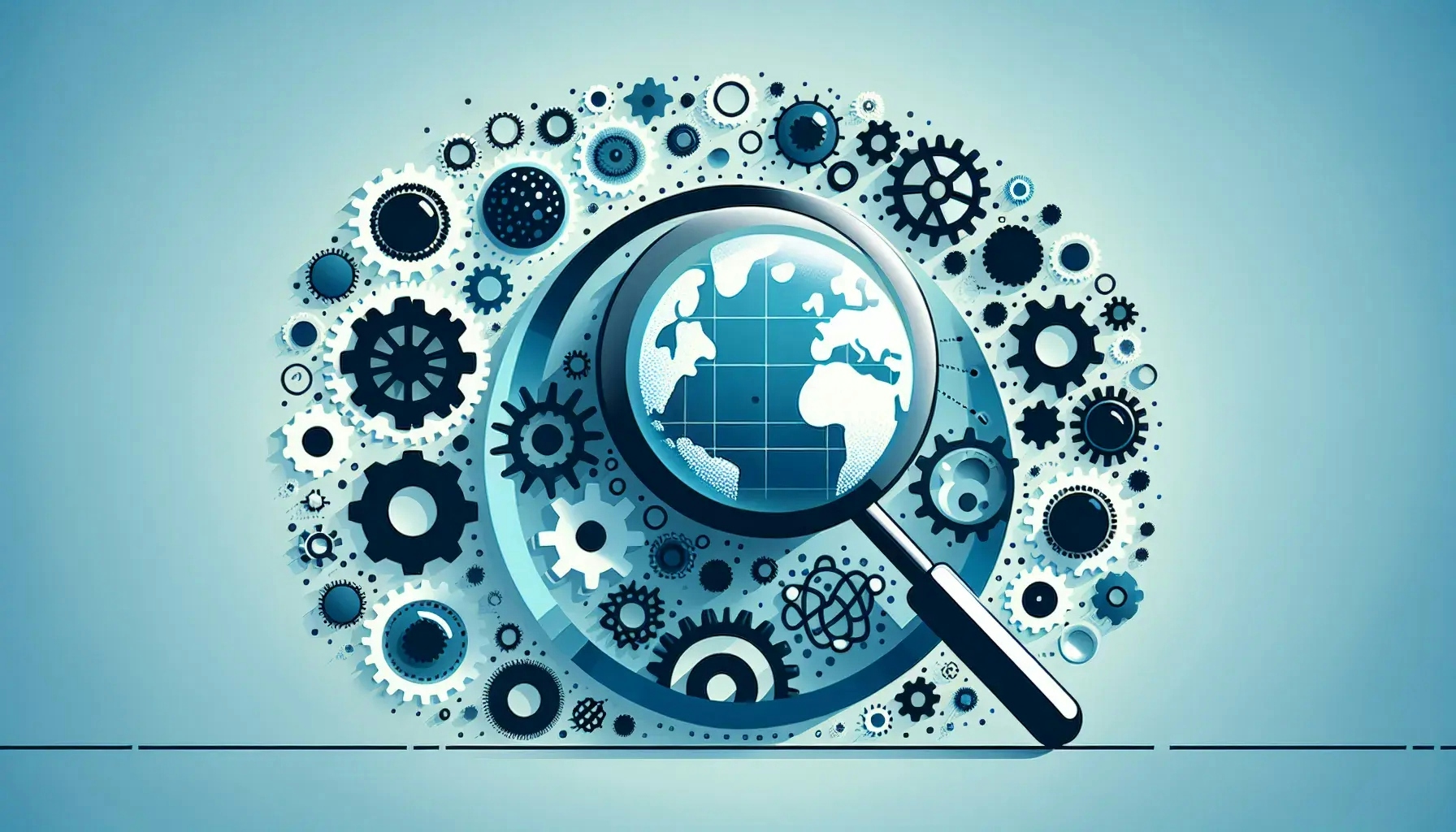Welcome to our deep dive into the world of epidemiology and its significant role in shaping public health policies and practices. This blog post will explore the multifaceted impact of epidemiology on public health, from disease prevention to health promotion. We'll delve into the ways epidemiology helps us understand the distribution and determinants of health-related states or events in specific populations, and how it applies this study to control health problems.
The Role of Epidemiology in Public Health
Epidemiology, often referred to as the basic science of public health, is a crucial discipline that shapes our understanding of health and disease in populations. It provides the scientific footings for interventions made in the interest of public health and preventive medicine.
Epidemiologists work tirelessly to identify the causes and risk factors of diseases. They study patterns, causes, and effects of health and disease conditions in defined populations. This information is then used to formulate strategies for disease prevention and control, which are essential for improving public health.
In addition to disease control, epidemiology also plays a pivotal role in health promotion. By studying the social and behavioral determinants of health, epidemiologists can help design interventions aimed at promoting healthier behaviors and lifestyles. This aspect of epidemiology is particularly important in the fight against non-communicable diseases, such as heart disease and diabetes, which are largely influenced by lifestyle factors.
The Impact of Epidemiology on Disease Control
Disease control is one of the most visible areas where the impact of epidemiology on public health is evident. Epidemiologists track disease outbreaks, investigate their causes, and develop strategies to control their spread.
For instance, during the COVID-19 pandemic, epidemiologists worldwide have been at the forefront of efforts to understand the virus's transmission dynamics. They've provided crucial insights into the virus's behavior, informing public health measures such as social distancing and mask-wearing.
Epidemiology also plays a crucial role in the development and evaluation of vaccines. By studying disease patterns and transmission, epidemiologists can identify who needs vaccination and when. Post-vaccination, they monitor vaccine effectiveness and safety, providing valuable feedback that can be used to improve future vaccines.
Epidemiology and Health Policy
Epidemiology's influence extends beyond disease control and health promotion to shaping health policy. Policymakers rely heavily on epidemiological data to make informed decisions about health resource allocation and to develop effective health policies.
For instance, epidemiological studies can reveal the burden of different diseases in a population, helping policymakers prioritize health issues. They can also provide insights into the effectiveness of different health interventions, guiding policy decisions about which interventions to fund and implement.
Moreover, epidemiology can help identify health disparities among different population groups. Such information is vital for developing policies aimed at achieving health equity.
The Role of Epidemiology in Health Promotion
Health promotion is another area where epidemiology has a significant impact. By studying the determinants of health, epidemiologists can help design interventions aimed at promoting healthier behaviors and lifestyles.
For example, epidemiological studies have shown that smoking, poor diet, and lack of physical activity are major risk factors for heart disease. These findings have led to public health campaigns promoting smoking cessation, healthy eating, and regular exercise.
Epidemiology also plays a key role in evaluating the effectiveness of health promotion interventions. By measuring changes in health behaviors and outcomes, epidemiologists can determine whether an intervention is working and how it can be improved.
Epidemiology and Health Education
Health education is a critical component of public health, and here too, epidemiology plays a vital role. By providing evidence-based information about disease risks and prevention, epidemiology informs the content of health education programs.
Epidemiologists work with health educators to develop materials that accurately convey information about health risks and preventive behaviors. They also help evaluate the effectiveness of health education programs, providing feedback that can be used to improve future programs.
In this way, epidemiology contributes to the empowerment of individuals and communities, enabling them to make informed decisions about their health.
The Future of Epidemiology in Public Health
As we look to the future, the role of epidemiology in public health is set to become even more important. With the advent of new technologies, such as big data and genomics, epidemiologists will have even more tools at their disposal to study and control diseases.
In the era of personalized medicine, for example, epidemiologists will play a crucial role in understanding how genetic factors influence disease risk and response to treatment. This will enable the development of more targeted and effective health interventions.
At the same time, the ongoing challenge of emerging and re-emerging infectious diseases underscores the continued importance of traditional epidemiological work in disease surveillance and control.
The Indispensable Role of Epidemiology in Public Health
In conclusion, epidemiology plays an indispensable role in public health. From disease control and health promotion to health policy and education, epidemiology provides the scientific basis for decisions that affect the health of populations. As we move into the future, the importance of epidemiology in public health is only set to increase. By continuing to advance our understanding of health and disease, epidemiology will remain at the forefront of efforts to improve public health.

